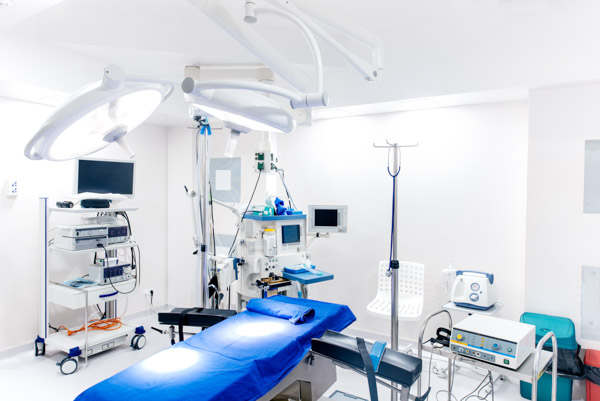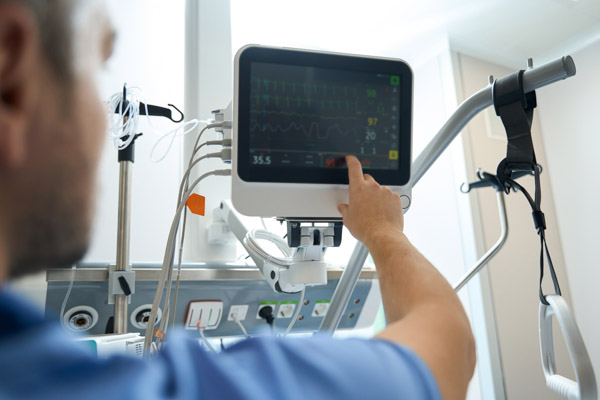
Engineering for
MEDICAL DEVICES
DEVELOPMENT




MEDICAL SECTOR
One step at a time towards a healthier future
Our Engineering at Your Service
Our mission is fuelled by a passion to create innovative solutions that improve the quality of life for people
around the world. Through the convergence of advanced engineering skills and a deep understanding of
medical needs, we strive to create cutting-edge devices that turn complex challenges into practical
solutions.
COMPETENCES
Many skills, one goal
Biomedical Engineering
It fuses engineering principles with biological sciences to design state-of-the-art diagnostic and therapeutic equipment.
Mechanical Engineering
It creates ergonomic structures, drug delivery devices and prosthetic implants to improve mobility and quality of life.
Materials Engineering
Identifies safe and durable materials for medical use, ensuring compatibility with the human body and safety.
Software Engineering
Ensures the proper functioning of devices and the secure management of medical data.
Electronic Engineering
Design medical devices with electronic components integrated, from advanced diagnostics to surgical automation.
Clinical Engineering
Focuses on the safe and effective adoption of medical technologies in healthcare facilities.

Diagnostics and Monitoring
Advanced medical imaging devices and equipment for monitoring vital parameters, essential for the accurate diagnosis and control of patients' health status.

Therapy and Treatment
Here we find implantable medical devices, advanced surgical instruments and drug delivery devices, which play a crucial role in the treatment of diseases and illnesses.

Assistance and Rehabilitation
Assistive technology for independence, physical rehabilitation devices and customised prostheses aimed at improving patients' quality of life and functionality.
We are here to improve the future of medicine
Do you want to know more about it?
Frequently asked questions
Any questions?
Engineering plays a key role in the development of medical devices, combining technological expertise with medical knowledge to design, develop and improve diagnostic, therapeutic and assistive tools. The aim is to create innovative solutions that contribute to the advancement of medicine and the well-being of patients.
Biomedical engineering has led to a wide range of medical devices, such as imaging equipment such as MRIs, vital parameter monitoring devices such as cardiac monitors, and drug delivery devices such as infusion pumps. These devices improve the diagnosis, treatment and care of patients.
Medical device development involves unique challenges, including ensuring the safety and effectiveness of devices, overcoming complex regulations, integrating advanced technologies and understanding the needs of healthcare professionals and patients. Innovation requires multidisciplinary collaboration and an ethical approach.
Before being placed on the market, medical devices are subjected to rigorous clinical trials and safety and efficacy evaluations. These tests involve studies on biological models, laboratory simulations and clinical trials on patients. The results of these tests guide regulatory approval and clinical adoption.
The future of engineering for medical devices is promising and exciting. Artificial intelligence, advanced sensors and portable technologies are expected to be more integrated into medical devices. The goal is to improve the personalisation of treatments, accessibility and effectiveness of medical care, revolutionising the global healthcare industry

